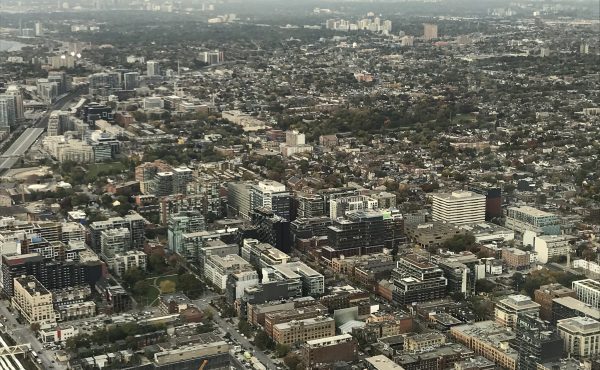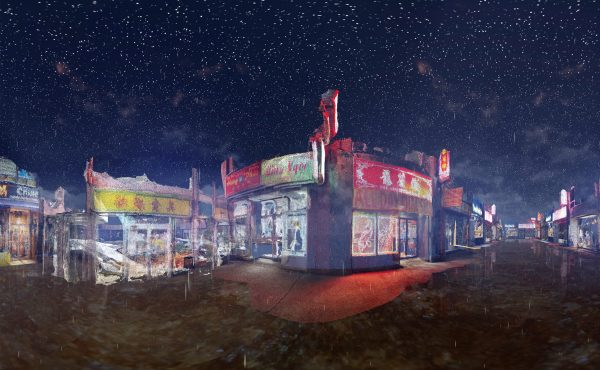
Royson James wrote an interesting explanation of Toronto’s confusing property tax system today, as property owners across the city received their latest property value assessment.
The odd thing about property taxes is that the total amount the city receives from existing properties does not go up or down with property values – rather, it is a set amount that simply gets re-distributed among property owners. The city does not receive more money if overall property values go up (or less if they go down). So, if your property value goes up less than the average property in Toronto, your taxes go down.
What no one ever seems to talk about is that this system has disastrous consequences for the City budget, and for the popular image of City government. Federal and provincial government revenues go up every year with inflation, without having to raise tax rates, because sales tax revenues go up automatically with prices, and income tax revenues go up automatically with incomes.
City revenues, on the other hand, stay exactly the same, even as inflation increases. Thus, every year the City experiences an effective CUT in its budget, in terms of inflation-adjusted dollars. The only way the city can keep up is to raise taxes every year — making it SEEM like the city, unlike other levels of government, is always raising taxes and cannot keep costs under control — when in fact it is simply keeping up with rising costs. This reduces the credibility of City government compared to other levels of government. And if a mayor promises “not to raise taxes,” what s/he is in fact doing is silently cutting city revenues.
Even worse, it means that the city is not rewarded for success. If a provincial government is effective at creating a growing economy, it is rewarded with increased revenues. If, on the other hand, a city invests in an attractive urban environment where people want to live, increasing property values, it does not see any extra money as a result of this investment. So there is no fiscal incentive for the city to spend more money on areas that are already built-up. The only way for the city to gain more taxes is to allow new buildings — not increase the value of existing buildings — which can seriously distort the city’s priorities.
One reason for this system is probably to avoid the disastrous effects on a city budget of a plunge in property values such as might happen during a recession. However, the result is a system that is seriously distorted. One possibility would be to build a measure of automatic inflation indexing into city property tax revenues. The provincial government has promised to help cities, and this is an issue on which it could make a big difference with little effort. At any rate, it’s a subject that needs to be brought out into the open and discussed far more than is currently the case, because it has a deep effect on the development of the city.



